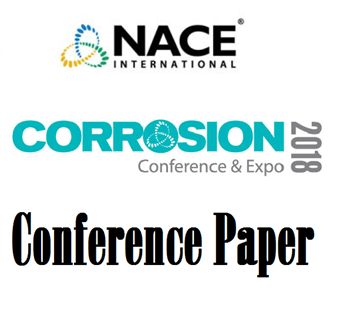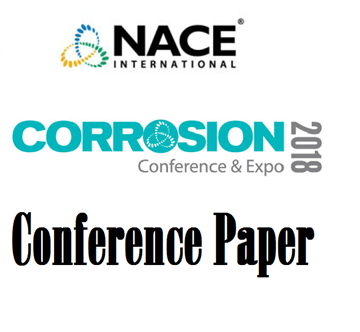Search
51318-11509-Assessment of materials compatibility with high density Brines for completion fluid of HPHT wells
Also Purchased
51318-11386-Study on the Corrosion Performance of C110 Tubing in Formate Completion Fluid at High Temperature
Product Number:
51318-11386-SG
Publication Date:
2018
$20.00
51315-5501-A Laboratory Evaluation of the Suitability of Cesium Acetate Brines as Completion Workover Suspension and Packer Fluids for Extreme HPHT Wells—Results of an Extensive Corrosion Testing Program
Product Number:
51315-5501-SG
ISBN:
5501 2015 CP
Publication Date:
2015
$0.00
51318-11497-Material Selection Fabrication and Construction of a Corrosion Resistant Plate Girder Bridge
Product Number:
51318-11497-SG
Publication Date:
2018
$20.00




